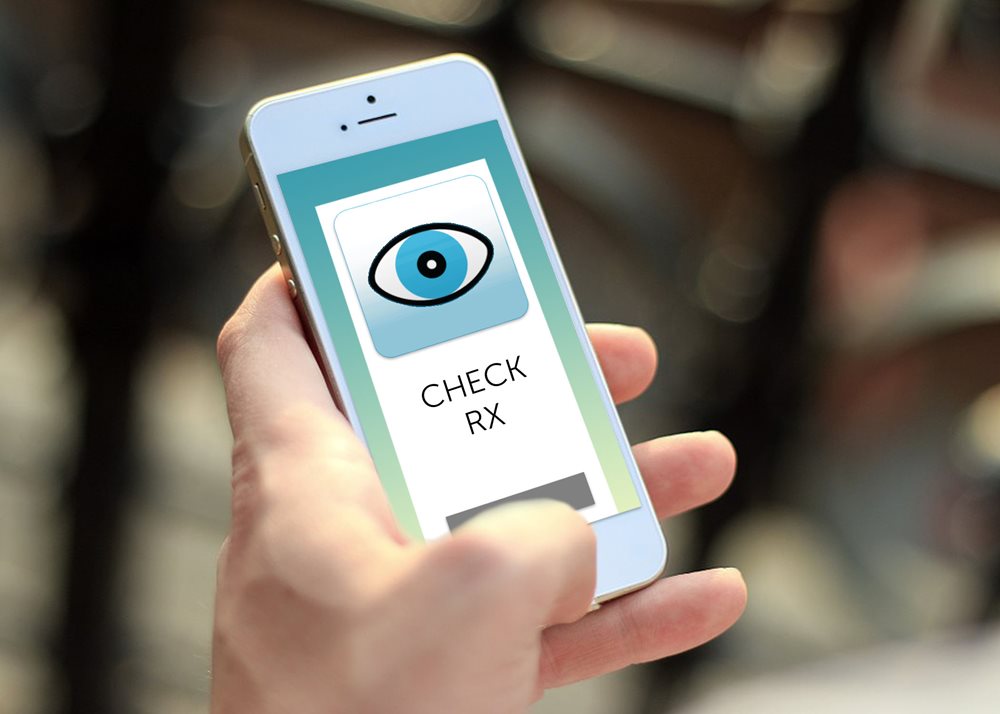The Danger of Vision Testing Apps
In today’s high-tech age, almost anything you can imagine is available with ease. Whether you want to order food, hail a taxi, search the web or check your bank account – it’s all available at the touch of a button. Smartphones have already changed the way we see the world but now there’s technology that aims to change the view of vision care.
There are some smartphone apps that claim to conduct vision screenings and tests similar to a routine eye exam. Other platforms allow users to order glasses or contact lenses without actually seeing an optometrist. While these apps aim to make vision care more easily accessible, they can cause more harm than good.

Your health can be at risk: Many of these apps use simple tests designed to measure things like visual acuity (the clarity or sharpness of your vision). These apps are not able to catch signs of more serious problems, which can put both your eye health and overall health at risk.
Standards can vary: Vision testing apps are not held to the same standards as optometrists and are not required to meet the definition of a comprehensive eye exam. As a result, the majority of apps have not been approved by the U.S. Food and Drug Administration (FDA).
Patients don’t receive proper care: Even if these apps offered accurate testing, patients might not get the follow up care they need. A comprehensive eye exam with an optometrist ensures not only the correct diagnosis but also that patients receive expert treatment.
Experts agree these platforms can offer resources, but they cannot take the place of the comprehensive eye care provided by an optometrist and any app that claims to be a replacement for a routine eye exam should be avoided.
“These apps definitely cannot replace expert eye care,” said Dr. Bisant Labib, co-chief of Primary Care Services at The Eye Institute (TEI). “Serious conditions such as glaucoma, which may lead to irreversible vision loss if left unmanaged, can only be diagnosed via a comprehensive eye exam.”
The American Optometric Association recommends adults have a comprehensive eye exam at least once every two years. For those over the age of 60, an eye exam is recommended annually due to the increased risk of cataracts, glaucoma and other conditions that can occur as the eye naturally ages.
If problems arise or if there are changes in your vision, it’s important to have your eyes checked sooner. To schedule an appointment at TEI click here or call 215.276.6111.